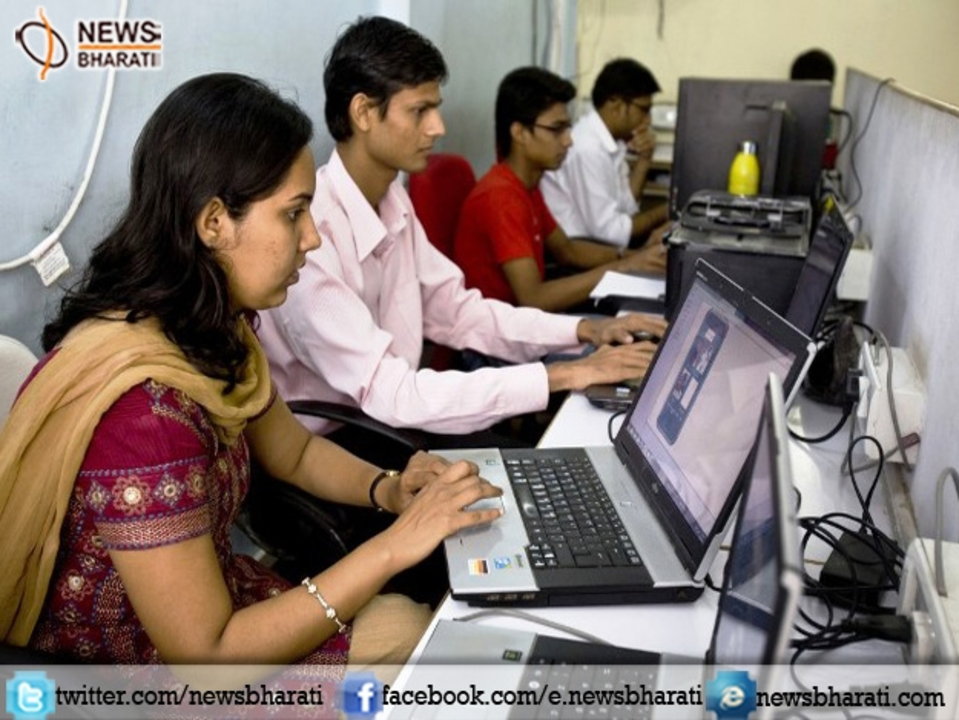Media Ethics and Integrity in India – Why It Matters
Ever wondered why it feels harder to trust what you read in the news? In India, the line between reporting and selling out is getting blurrier every day. This isn’t just a gripe – it’s a real threat to democracy, because an informed public depends on honest journalism.
When media outlets chase clicks, applause, or the favor of powerful interests, the quality of news drops. Sensational headlines replace facts, and stories that should be balanced become one‑sided. The result? Readers get a skewed picture, and the fourth pillar of democracy starts to wobble.
The Signs of a Sold‑Out Media
First, notice the rise of sensationalism. A headline that screams “EXPOSED!” often hides a story that’s thin on substance. If the same news channel repeats the same talking points over and over, chances are it’s echoing a political or corporate agenda.
Second, look at who gets a voice. When big business owners, politicians, or celebrities dominate airtime, ordinary citizens disappear from the conversation. That shift tells you the outlet is more interested in keeping the powerful happy than serving the public.
Third, pay attention to the language. Biased reporting uses loaded words – “crisis,” “scandal,” “hero” – to push an emotional reaction instead of letting facts speak. When the tone feels like a campaign, you’re likely looking at propaganda, not journalism.
Finally, check the transparency. Reliable outlets disclose their sources, correct mistakes, and explain why they chose a story. A media house that hides its funding or refuses to own up to errors is signaling that it cares more about image than truth.
What Can We Do to Restore Trust?
Start by diversifying where you get news. Pull information from print, TV, online portals, and independent blogs. The more angles you see, the easier it is to spot bias.
Second, support outlets that practice accountability. When a newsroom publishes a correction or runs a fact‑check series, reward it with your readership or a subscription. This tells advertisers that integrity sells.
Third, demand transparency. Ask media houses to reveal their funding sources and editorial policies. Public pressure can force them to be clearer about who influences their content.
Fourth, get involved in media literacy programs. Understanding how stories are framed helps you separate the signal from the noise. Many NGOs in India run free workshops – they’re worth checking out.
Lastly, speak up on social platforms. Share examples of biased reporting, tag the outlet, and call for corrections. When enough voices highlight a problem, editors usually take notice.
Media ethics aren’t a luxury; they’re a necessity for a healthy democracy. By staying alert, supporting honest journalism, and calling out sell‑outs, you play a part in keeping the press on the right side of the truth.
What is the depth to which media is sold out in INDIA?
In my latest blog post, I discuss the concerning depth to which media in India is sold out. I explore how sensationalism, biased reporting, and the influence of powerful individuals have all contributed to the deteriorating quality of journalism. It saddens me to witness the decline of journalistic integrity, as it directly impacts the reliability and credibility of the information we receive. I highlight the urgent need for reform and stricter regulations to protect the sanctity of the fourth pillar of democracy. It's essential for us, as citizens, to demand transparency and accountability from our media, to ensure we remain well-informed and not misguided.
